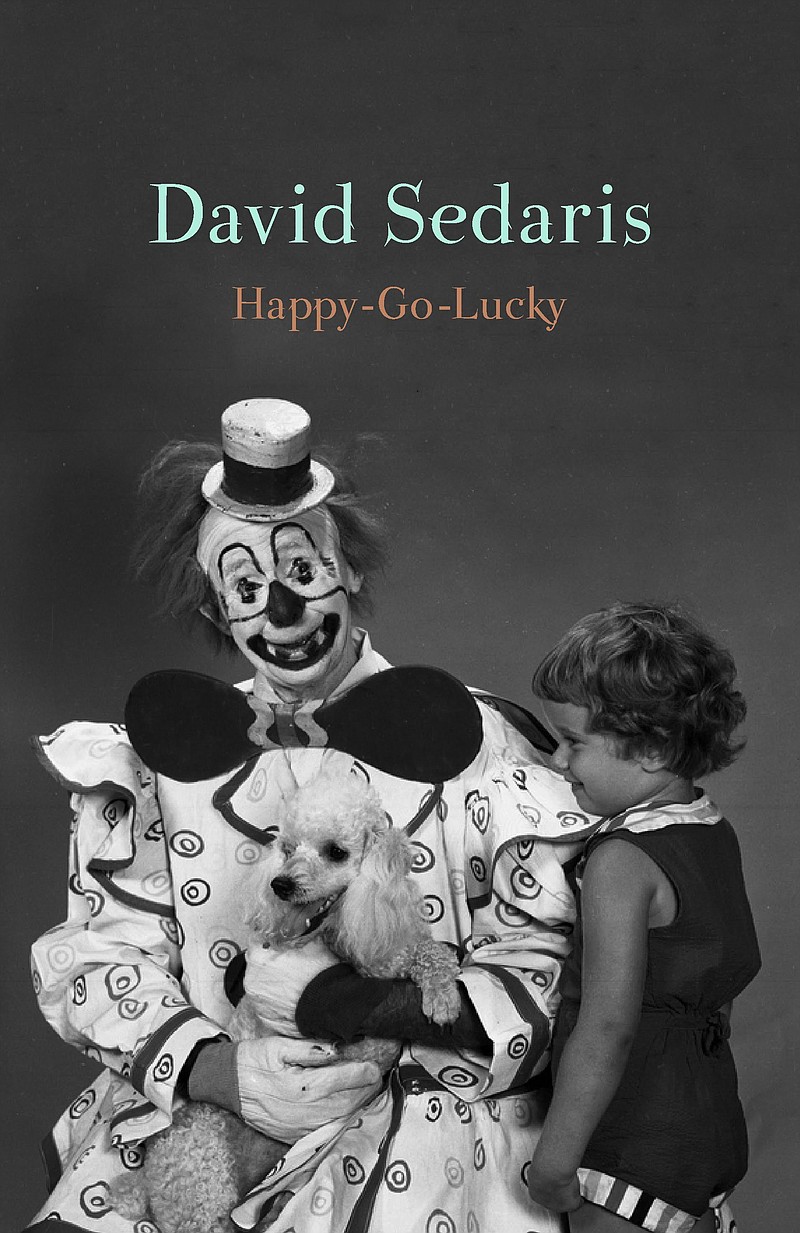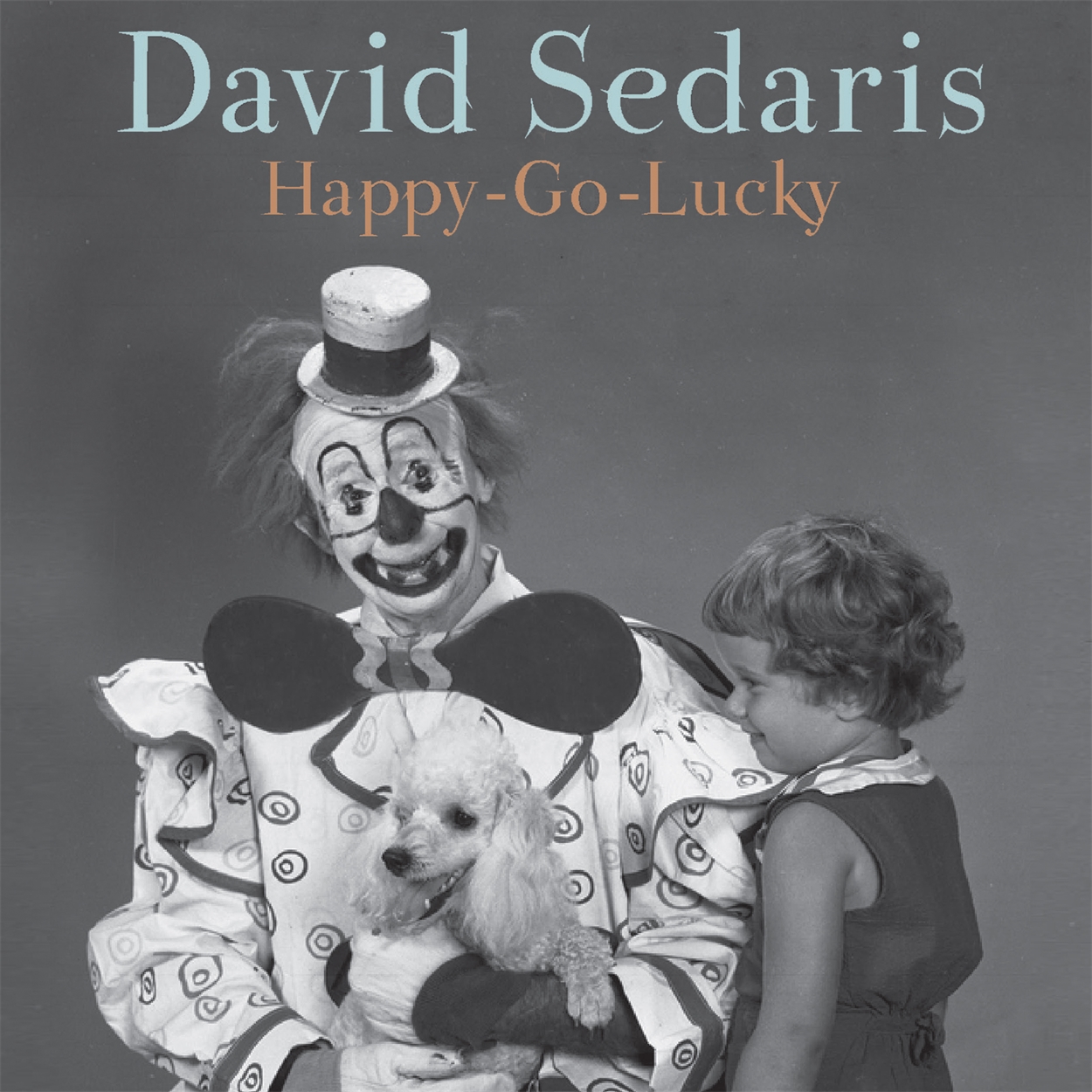
In my favorite type of Sedaris essay - the kind I’ll keep rereading - the author takes an unusual or taboo topic, such as death or incontinence, and then shows us how a group of flawed characters including himself circle around that topic but then, in the last paragraph or two, he unleashes a blast of tenderness or humanity that catches you off guard. Whether he’s detailing how his father, Lou, liked to eat food that he’d hidden around the house until it rotted, or he’s going off on homeless people in Portland, Sedaris dispenses with the parameters of You Can’t Say That like a tween boy scorching ants with a magnifying glass. For readers this can be eye-widening, and sometimes exciting, and surely is part of what makes Sedaris’s work such a sneaky, subversive thrill.

Most contemporary comic essayists have honed their powers of self-deprecation into excoriating, and sometimes exhausting, laser beams, but Sedaris is often willing to apply this same level of scrutiny to other people as well - and to do it without being nasty. I chuckled frequently and projectile-laughed once. Between the accounts of his troubled sister Tiffany, who died by suicide, and those of his father, who was begrudging and abusive to Sedaris throughout his life, I welled with tears four times. Sedaris’s last collection, “Calypso,” practically destroyed me. I fall into the latter camp, partly because “retention” is merely a word to me, and partly because I hold that the essential trait of a literary classic is that it is so textured that one can reread it and usually find something new. For the imp in you.”)ĭepending on your point of view, this onslaught - particularly given that Sedaris likes to revisit scenarios that he’s already written about - may strike you as either overgenerous or delightful.


Can an eponymous fragrance be far in the offing? (“Se- daring. In the past five years, David Sedaris has published seven books - two essay collections an anthology two diaries, both more than 500 pages long a visual compendium to the diaries and an ebook version of an essay. To hear more audio stories from publications like The New York Times, download Audm for iPhone or Android.


 0 kommentar(er)
0 kommentar(er)
